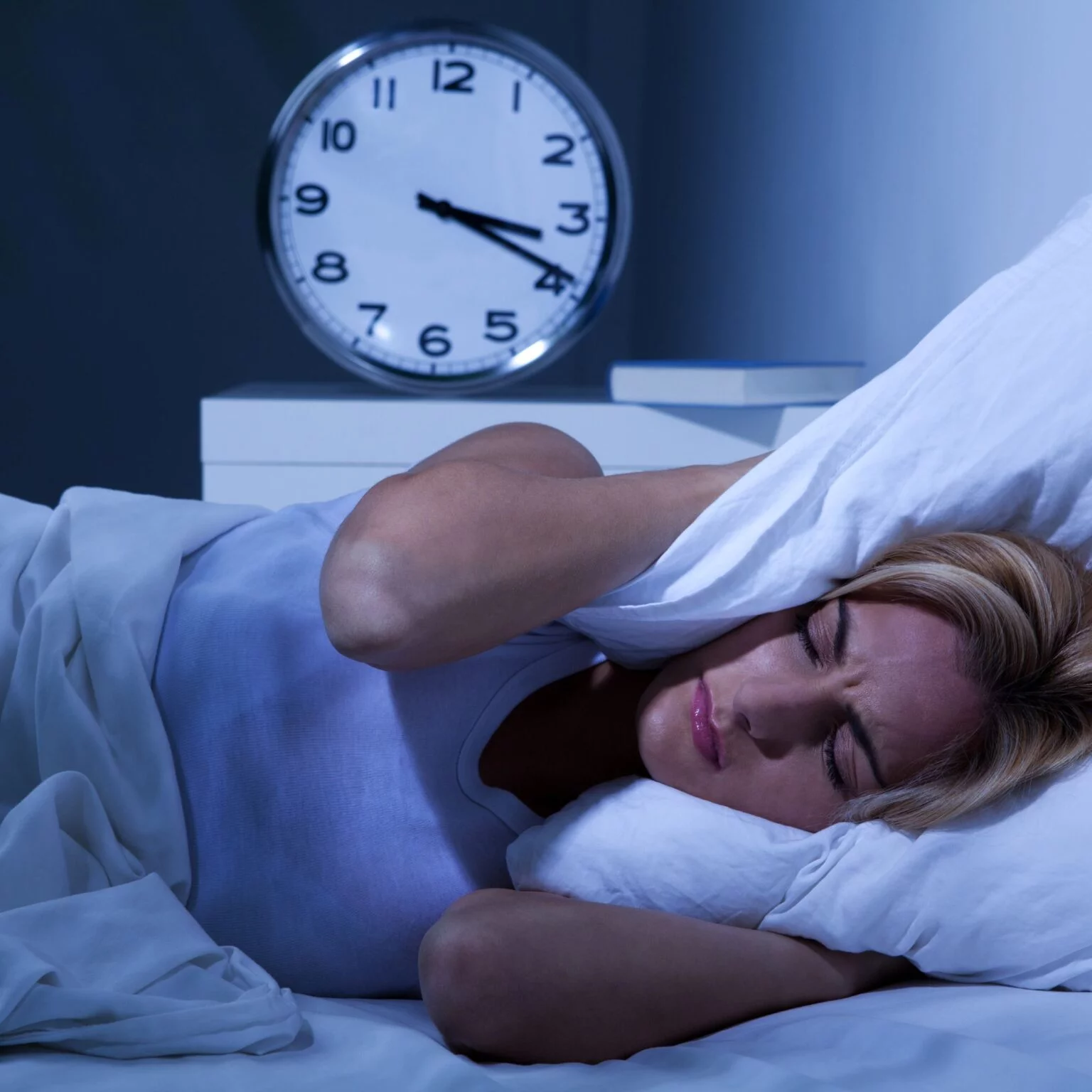
Everyone has expectations and failures in life, but how it is taken is important. Those who constantly worry about the past and the future reach a state of tension. Prolonged state of stress causes many physical and mental ailments like sleeplessness etc. All the research work that has been done on stress management and mental balance has come to the conclusion that always staying positive in life should not be afraid of failure. In today’s time, insomnia has become such a problem that we have almost completely forgotten that there was a time when people actually understood the meaning of ‘sleeping like a log’. Today, due to the mobile revolution, due to the excessive use of social media, somewhere we are becoming a victim of grave problem like insomnia, which is causing a very negative effect on our health and insomnia is also a direct cause of many people doing.
Many things can contribute to the development of insomnia including- environmental, physiological and psychological factors, including:
LIFE STRESSORS INCLUDING YOUR JOB, RELATIONSHIPS, FINANCIAL DIFFICULTIES AND MORE
UNHEALTHY LIFESTYLE AND SLEEP HABITS.
ANXIETY DISORDERS, DEPRESSION AND/OR OTHER MENTAL HEALTH PROBLEMS.
CHRONIC DISEASES LIKE CANCER.
CHRONIC PAIN DUE TO ARTHRITIS, FIBROMYALGIA OR OTHER CONDITIONS.
GASTROINTESTINAL DISORDERS, SUCH AS HEARTBURN.
HORMONE FLUCTUATIONS DUE TO MENSTRUATION, MENOPAUSE, THYROID DISEASE OR OTHER ISSUES.
MEDICATIONS AND OTHER SUBSTANCES.
NEUROLOGICAL DISORDERS, SUCH AS ALZHEIMER’S DISEASE OR PARKINSON’S DISEASE.

Insomnia occurs more often in women than in men. Pregnancy and hormonal shifts can disturb sleep. Other hormonal changes, such as premenstrual syndrome (PMS) or menopause, can also can affect sleep. Insomnia becomes more common over the age of 60. Older people may be less likely to sleep soundly because of bodily changes related to aging and because they may have medical conditions or take medications that disturb sleep.
When you can’t fall asleep or your rest is fitful, you may:

Insomnia is a common sleep disorder that is characterized by difficulty:
Chronic insomnia may cause:
Insomnia can come and go, or it may be an ongoing, longstanding issue. There is short term insomnia and chronic insomnia:
Sleep disorders are very common. They affect up to 40 crores Indians every year.
Insomnia symptoms occur in approximately 33% to 50% of the adult population while Chronic Insomnia disorder that is associated with distress or impairment is estimated at 10% to 15%.
Most adults need around seven to nine hours of sleep per night but the amount of sleep needed to function at your best varies between individuals. The quality of your rest matters just as much as the quantity. Tossing and turning and repeatedly awakening is as bad for your health as being unable to fall asleep.